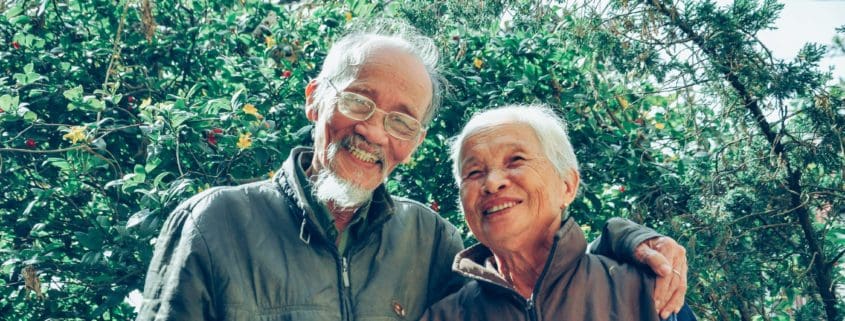Common Misconceptions About Ageing
Ageing is a natural part of life, yet it is often surrounded by misconceptions and stereotypes that can hinder our understanding and appreciation of the ageing process. Equinox College, a renowned institution offering disability training and courses in Brisbane, Queensland, aims to debunk these misconceptions and promote a more accurate and positive perspective on ageing. In this article, we will explore some common misconceptions about ageing and highlight how Equinox College’s disability training can provide valuable insights to challenge these misconceptions.
Misconception 1: Ageing Equals Decline
One prevalent misconception about ageing is that it inevitably leads to physical and cognitive decline. While it is true that certain changes occur as we age, such as a decrease in physical strength or memory capacity, it is important to recognize that ageing does not automatically equate to decline. Equinox College’s disability training emphasizes the importance of person-centered care, focusing on individual strengths and abilities, rather than solely on limitations. By challenging this misconception, caregivers can provide meaningful support that promotes independence and overall well-being in the ageing population.
Misconception 2: Older Adults Are Technologically Challenged
Another misconception is that older adults struggle with technology and are unable to adapt to new advancements. However, research has shown that many older adults are eager to embrace technology and can benefit from its various applications. Equinox College’s disability training acknowledges the importance of keeping up with technological advancements and encourages caregivers to provide guidance and support to help older adults become comfortable with technology. By addressing this misconception, caregivers can empower older adults to remain connected, engaged, and independent in today’s digital age.
Misconception 3: Ageing Means Social Isolation
There is a common belief that older adults naturally become isolated and withdrawn as they age. However, social connections are crucial for maintaining mental and emotional well-being at any age. Equinox College emphasizes the importance of promoting social engagement and meaningful interactions for older adults. Caregivers are trained to create opportunities for social connections, organize group activities, and foster community involvement to combat social isolation. By challenging this misconception, caregivers can contribute to a more vibrant and inclusive society for older adults.
Misconception 4: Older Adults Lack Relevance and Purpose
Society often devalues the contributions and wisdom of older adults, leading to a misconception that they lack relevance and purpose. However, older adults bring a wealth of knowledge, experience, and perspectives that can greatly enrich our communities. Equinox College’s disability training emphasizes the importance of person-centered care that values the individual and recognizes their unique contributions. By challenging this misconception, caregivers can create an environment that promotes older adults’ engagement, participation, and sense of purpose, leading to a more inclusive society.
Misconception 5: Ageing is a Homogeneous Experience
Ageing is often viewed as a homogeneous experience, assuming that all older adults share the same needs, preferences, and challenges. However, each individual’s ageing journey is unique, shaped by a combination of factors such as health, lifestyle, and personal circumstances. Equinox College’s disability training emphasizes the importance of individualized care and a person-centered approach, taking into account the specific needs and desires of each older adult. By challenging this misconception, caregivers can provide tailored support that respects the diversity of ageing experiences.
Challenging common misconceptions about ageing is crucial for promoting a more accurate and positive perspective on the ageing process. Equinox College’s disability training and courses in Brisbane, Queensland, empower caregivers to challenge these misconceptions and provide person-centered care that focuses on individual strengths, abilities, and aspirations. By debunking misconceptions such as the idea of inevitable decline, technological limitations, social isolation.





Leave a Reply
Want to join the discussion?Feel free to contribute!